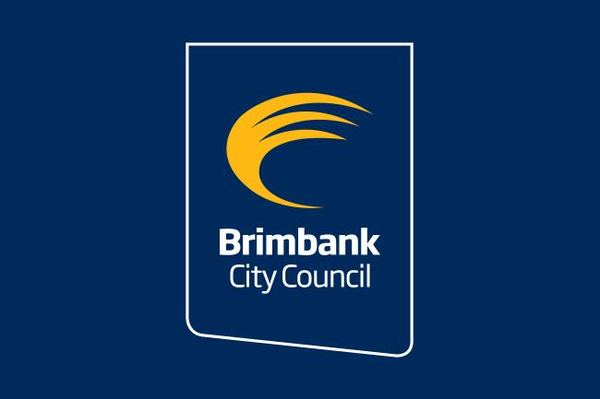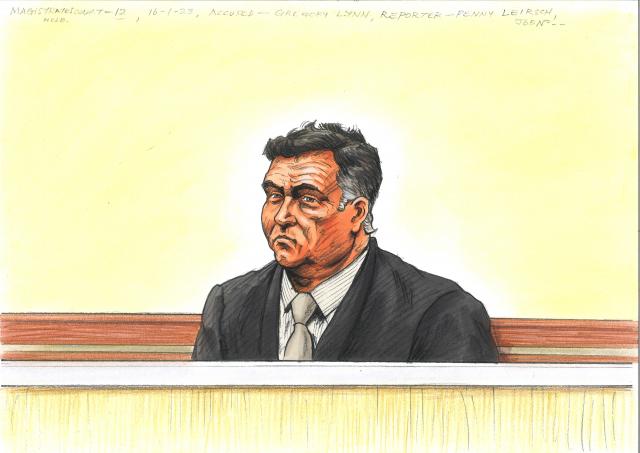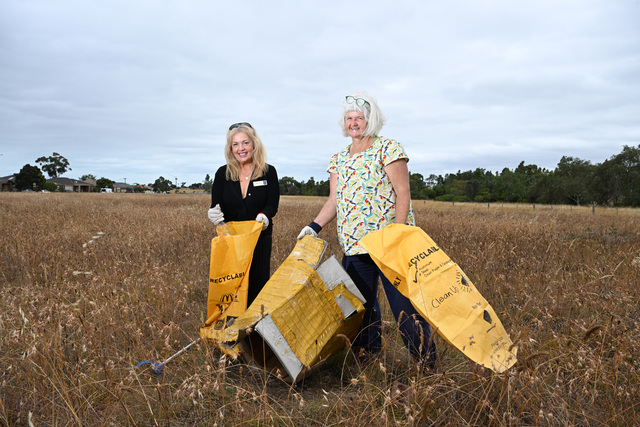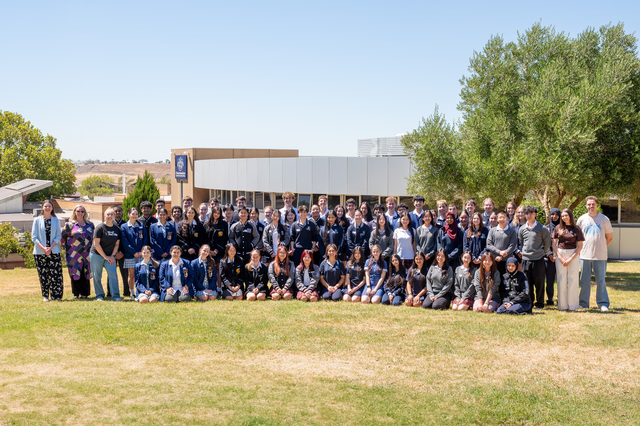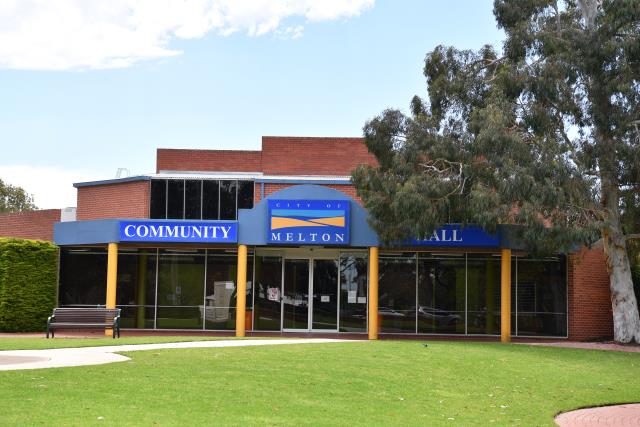The Brimbank council last night held a special meeting to discuss a response and recovery strategy to the COVID-19 crisis.
The strategy is aimed at combating the spread of the virus and limiting the impacts on community and businesses across Brimbank.
It includes a number of short-term relief and support measures, as well as a longer term strategy to assist the recovery of the community and local businesses.
Priorities include increased health and wellbeing services for vulnerable residents, options for rates and fee relief for residents and businesses, sport club fee relief, supporting local businesses, and extensions to community grants.
Under the strategy, rather than reducing rates, the council is asking residents affected by COVID-19 to make contact and arrange a payment plan tailored specifically to their needs.
No interest would be charged on debt until the June 30, 2021.
If a ratepayer is unable to enter into a payment plan, the council could defer the debt accumulated during the pandemic.
Rate relief is a significant component of the strategy and extends beyond residential homes.
As the council’s current hardship policy does not provide for commercial properties or local businesses, a new COVID-19 financial hardship policy has been developed for consideration.
Sporting clubs and community tenants could also benefit, with rent relief/suspension and assistance with utility charges being considered.
Stage two will focus on recovery and rebuilding.
The council itself is also bracing for a significant hit.
Brimbank chief executive Helen Morrissey told Star Weekly that as of Thursday last week, all council staff were still working and no stand downs had been needed.
But the the report tabled at the council meeting last night says the social and economic impacts of the pandemic will have a detrimental impact on both the 2019/20 and 2020/21 budgets –both operationally and the planned capital works program.
While no specific estimations were provided, lost income from existing programs such as the closure of the leisure centres and additional unbudgeted expenditure for community and business support packages will leave a hole.
As such planned capital works projects will be re-evaluated to assess their financial sustainability and the projected economic stimulus each would provide.

